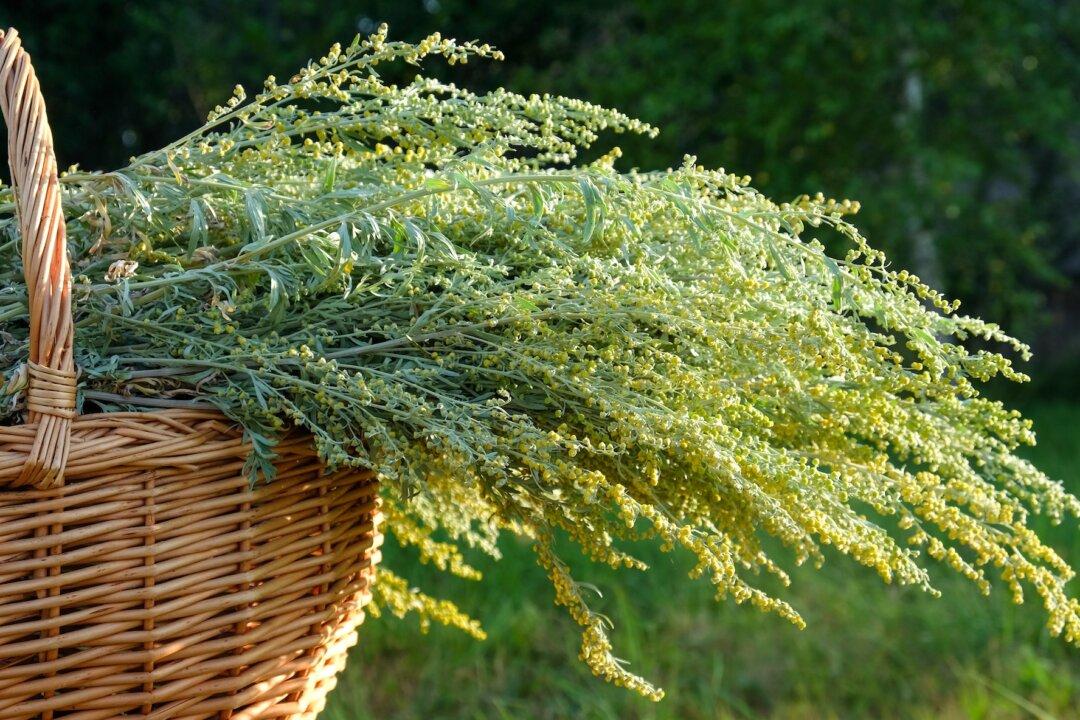Good digestion is fundamental to our quality of life and wellbeing. Yet so many of us have grown accustomed to gas, bloating, abdominal pain, belching, indigestion, loose bowels, constipation – or any combination of these – on a regular basis. And we accept these things as a normal part of everyday life!
These symptoms – while common – are not normal, and indicate that something is awry in the digestive process.





